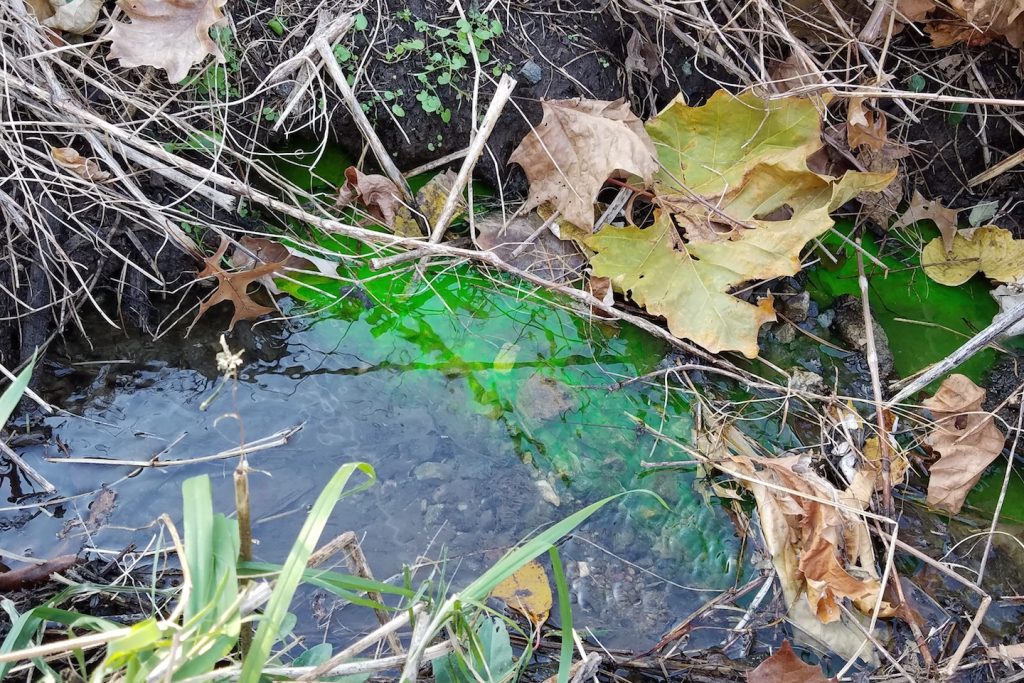Impact of Septic Systems on Private Wells

The Challenge
Pennsylvania (PA) has the second highest number of private water supply wells in the US, with approximately 3 million people relying on well water. Private wells are not regulated by the U.S. Environmental Protection Agency or any other authority, and thus the burden is on the homeowner to test and treat their water accordingly. Between 1971 and 2008, 30% of all waterborne outbreaks in the US were associated with the consumption of untreated groundwater. PA had the second highest number of outbreaks during this time period. The CDC recently identified that the burden of disease associated with private wells in the US is unknown and could be significant. Based on previous research, I estimate that there could be 81,000 cases of acute gastrointestinal illnesses (AGI) per year in PA due to private well water.
Project Overview
In this project, we investigated whether septic systems are the source of enteric pathogens found in private wells and how rainfall events may be contributing to their occurrence in groundwater supplies. This research will help State and Federal regulators establish guidelines to support households in the protection or treatment of their private well to ultimately protect public health.
Publications
Authors: Heather M Murphy, Shannon McGinnis, Ryan Blunt, Joel Stokdyk, Jingwei Wu, Alexander Cagle, Donna M Denno, Susan Spencer, Aaron Firnstahl, Mark A Borchardt
Publication Date: 2020/2/19
Journal: Environmental science & technology
Volume: 54
Issue: 6
Pages: 3159 – 3168
Publisher: American Chemical Society
Area of Research
Funding By
USGS
When
2017-2018
Team Members
Alex Cagle
Shannon McGinnis
Jessica Serpe
Aurora Trainor
Kodi Lawrence
Erin Huder
Shannon McGinnis
Jessica Serpe
Aurora Trainor
Kodi Lawrence
Erin Huder
Partners and Collaborators
Penn State Extension
Penn State Master Well Owner Network
Private well owners in rural PA
Penn State Master Well Owner Network
Private well owners in rural PA
Location
Pennsylvania
